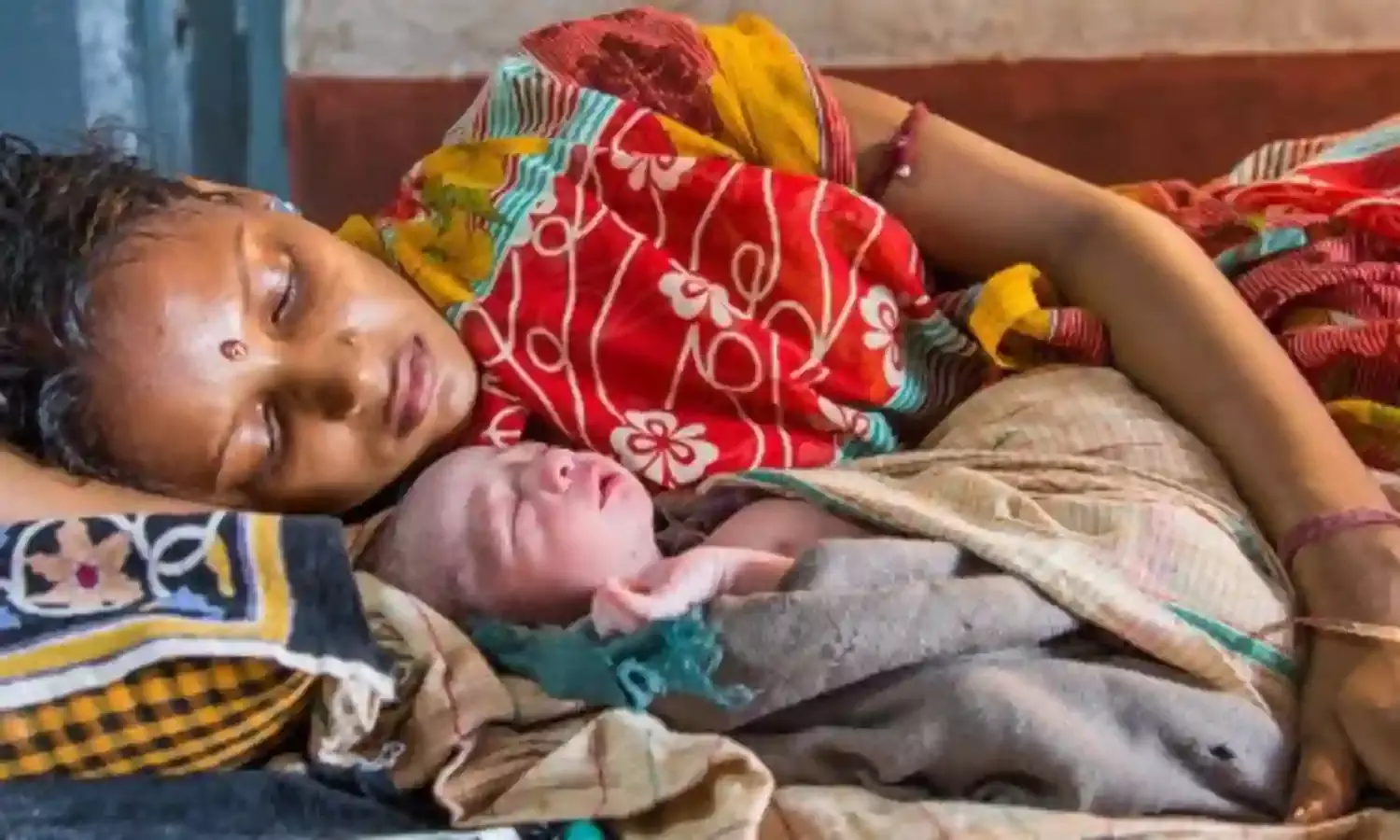
As we stay under an extended lockdown, there are other humanitarian crises taking place…within the walls of homes and outside in plain sight. The number of cases in domestic violence and child abuse has risen sharply - the frightening scenarios once again reflecting stereotypical ideologies. Hunger and poor sanitation in shelter homes and migrant worker’s clusters is on the rise with a steady climb in diseases other than COVID-19. Then we have the daily wage earners who have been hit the hardest in this crisis.
Women and children who live with domestic violence have no escape from their abusers during quarantine, and activists and survivors say they are already seeing an alarming rise in abuse. Alarming figures log only cases where women are able to seek help; many cannot make calls because they fear being overheard by abusive partners, or are stopped from leaving home. The increased threat to women and children was a predictable side effect of the coronavirus lockdowns. Increased abuse is a pattern repeated in many emergencies, whether conflict, economic crisis or during disease outbreaks, although the quarantine rules pose a particularly grave challenge.
This tends to happen in all crisis situations. What we worry about is just as rates of violence are on the rise, the accessibility of services and the ability of women to access these services will decrease. This is a real challenge. In many countries there have been calls for legal or policy changes to reflect the increased risk to women and children in quarantine. Being confined to home because of coronavirus is difficult for everyone, but it becomes a real nightmare for female victims of gender-based violence.
For millions of India's migrant workers, walking hundreds of kilometres to find a safe haven was the only option during the country's initial coronavirus lockdown. But on the journey, out-of-work daily-wage earners faced starvation and harassment from police. As the country continues to grapple with an ill-equipped healthcare system, the coronavirus crisis has further revealed India's systemic class issues. The migrant issue has been a ticking time bomb from the moment the PM announced the first lockdown with hardly a warning and then conveniently cutting off all means of transport. Some state governments have stepped up to provide rations and a temporary shelter but for how long? These people have a meagre means of survival. They are confused and since most of them are uneducated, they are clueless about the rules of behaviour being thrown at them. Where is the empathy? It is lacking from the top man meandering its way to the ground level.
The Government should have worked in tandem with individual states to ensure a smooth flow of the migrants – but their plight was ignored. Now, it is of utmost importance to sort this issue of migrants either by sending them back home or by ensuring their comfort wherever they are and this should be our number one priority. Their survival instincts and confusion have forced them to come out on the streets in huge numbers – how will they even comprehend an extended lockdown? Do remember, their right to survive does not become any less due to them being underprivileged, uneducated or poor. Let us not compare out problems with the world – look at our population first and foremost.
Volunteers and NGOs have risen to the occasion and are doing more work during these tough times than the government itself. It is a mess of epic proportions and complex nature - a maze of contradictions. The COVID-19 lockdown - national and even global in its sheer sweep has brought a screaming shortage of essentials across the country.
The signs of an ominous food crisis in rural areas are already there. Retail outlets are unable to refurbish their dwindling inventories. Retail supplies in towns, cities, even villages, stand drastically disrupted. It’s not a production calamity, but a distribution nightmare on a national scale. Given the creeping onset of what could be a dispersed famine, experts fear that India may soon find itself in the midst of food riots and civil crisis if circulation is not eased. Rural India will be in a lot of pain with the reverse flow of migrants unless emergency measures are taken. Things, as they say, are likely to get even worse before they show any signs of improvement.
There was a request by the PM that people should not be fired: too late as a huge chunk of people have already lost jobs and many are working without pay unconditionally. Indians will need to tighten their belts in several ways - socially, emotionally, economically. This is an unprecedented crisis. It’s time not only for a pitched battle against COVID-19, but for the larger war that will stretch ahead of it. And all of us need to join it.
But first: the government needs to work in partnership with all the states and union territories in India; tackle the issues of the migrant worker; feed the poor; ensure our health care workers have all the equipment they need; reach out to the small-scale business owners, industries, farmers with relief packages…bailouts. Take care of your vulnerable citizens – don’t shrug responsibility.
And on a larger scale: Track… Test… Isolate so that we move beyond the pandemic.
“And how many ears must one person have…
Before he can hear people cry?
And how many deaths will it take till he knows…
That too many people have died?
The answer my friends, is blowin’ in the wind…
The answer is blowin’ in the wind."

